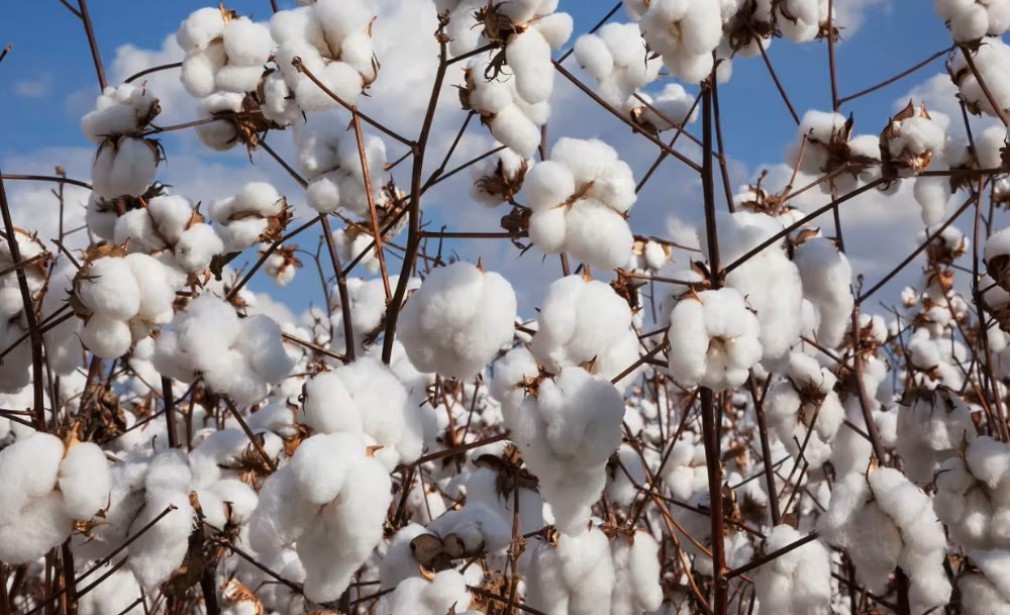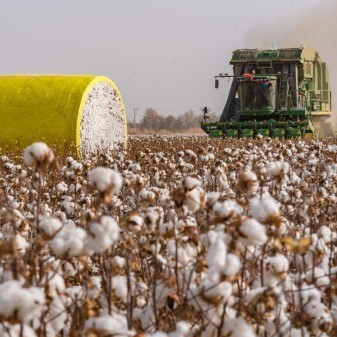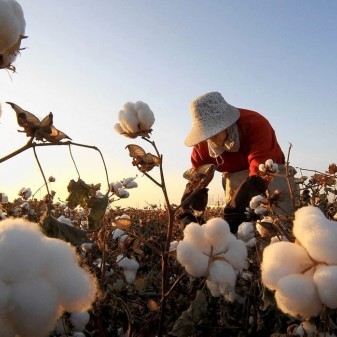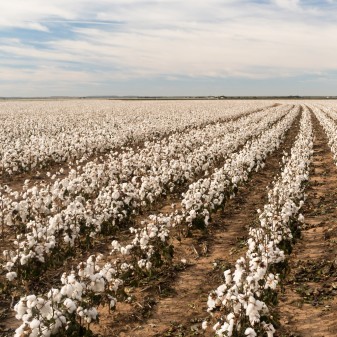
Eco-Friendly Approaches in Cotton Production: Less Resource, More Value


Eco-Friendly Approaches in Cotton Production: Less Resource, More Value
Introduction
As the primary raw material of the global textile industry, cotton is cultivated on millions of hectares worldwide. However, traditional cotton production can put significant pressure on the environment due to high water consumption and chemical use. For this reason, eco-friendly approaches play a crucial role in conserving natural resources and building a more sustainable agricultural future.
20% Less Water Consumption: Efficient Irrigation Techniques
Water is one of the most heavily used resources in cotton production. Traditional irrigation methods contribute to groundwater depletion, making efficient irrigation techniques a necessity:
These techniques reduce water consumption by 20%, increase cotton yield, and contribute to the preservation of natural water resources.
Organic Alternatives to Chemicals: Eco-Friendly Fertilization
The long-term risks of chemical fertilizers on soil health have increased the importance of organic alternatives:
These sustainable farming methods preserve the purity of cotton while promoting environmentally responsible production.
Techniques to Enhance Soil Fertility: Sustainable Agriculture
Healthy soil is the foundation of sustainable cotton production. To maintain soil productivity, the following techniques can be applied:
These practices ensure long-term soil health and promote a more productive and sustainable agricultural model.
Why Eco-Friendly Approaches?
Sustainable cotton production is essential for the future of agricultural economies. Eco-friendly methods:
Conclusion
Eco-friendly practices not only improve cotton quality but also shape the future of the agricultural sector. These approaches in cotton production support environmental sustainability while making significant contributions to the agricultural economy.
News From Us

Certifications and Partnerships: Sustainability at Global Standards
In today's trade landscape, sustainability is not just a necessity but also a global responsibility. At Valour Trading, we place sustainability at the core of our operations and contribute to shaping the future of agriculture by offering solutions that align with internationally recognized standards. Our commitment to "Sustainability at Global Standards" is brought to life through our certifications and partnerships.

Empowering Farmers and Social Sustainability: From Cotton Fields to Communities
Cotton is a vital agricultural product that serves as the primary livelihood for millions of people worldwide. However, improving the social and economic conditions of farmers is crucial for the sustainability of agricultural production. Empowering farmers not only enhances agricultural productivity but also supports economic and social development in rural areas.

Reducing Carbon Footprint: Working Towards a Greener Future
Global warming, environmental pollution, and the rapid depletion of natural resources are driving the urgent need for sustainable transformation across all industries. To build a greener future, businesses, individuals, and governments are focusing on solutions to reduce their carbon footprint.

Eco-Friendly Approaches in Cotton Production: Less Resource, More Value
As the primary raw material of the global textile industry, cotton is cultivated on millions of hectares worldwide. However, traditional cotton production can put significant pressure on the environment due to high water consumption and chemical use. For this reason, eco-friendly approaches play a crucial role in conserving natural resources and building a more sustainable agricultural future.